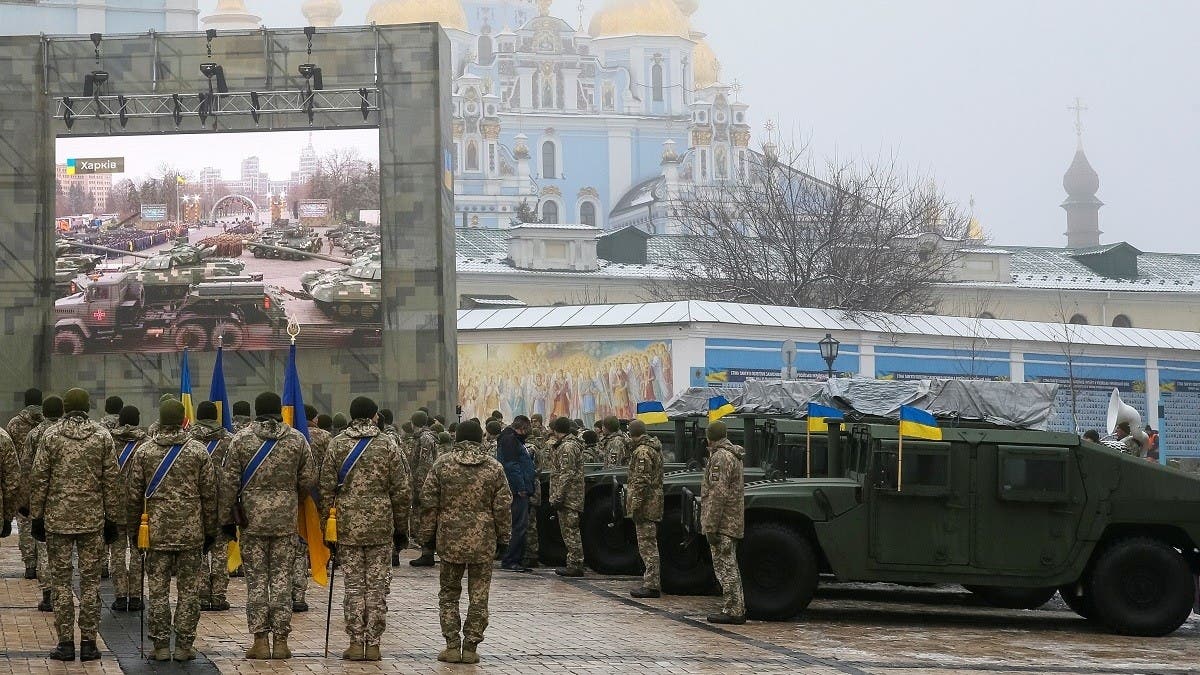Central Phuket Shopping Center, the luxury lifestyle landmark o Phuket, invites everyone to celebrate Christmas and New Year 2024 in The Great Celebration 2024 Campaign. Joining hands with global partner ‘The Pokémon Company’, Central Phuket bring over Pokémon, the super cute character popular around the world, for all locals and international fans. The special campaign launch presents a procession of cute ‘Pikachu’ alongside with the giant Christmas tree for the first time in Thailand.
This December, Central Phuket prepared many activities for shoppers when visiting Phuket! Experience the “Surprise of the Day” with free Cotton Candy for our little ones, a sweet and fluffy treat, a special gift from Central Phuket. Bring your kids to enjoy this sweet treat every Saturday and Sunday throughout the month of December. Don’t miss the Christmas Carol that
everyone loves, little Santas spread freshness by singing together in the Christmas Carol activity. Plus, Christmas Live Music, the festival of joy is back! Celebrate Christmas in a luxurious and classy atmosphere, enjoying the music that will bring us joy. Also, there will be Christmas Troop, Santa Claus is coming to town! The Santa troop will spread happiness throughout Central Phuket. Lastly, Cake Workshop, workshop activity with Chef Sebastien’s IRON CHEF Thailand teaching how to make Christmas Vanilla Cake. A special activity for the Christmas season. Moreover, Central Phuket provides special promotion exclusively for international tourists throughout December 23 – January 24 including:
1) Get Free! Tourist welcome discount package valued up to THB 10,000.
2) Receive THB 100 Gift voucher when spending up to THB 2,500 per receipt.
3) Get to buy ‘Happy Holiday Collections’ special price: Pokémon 2-in-1 pillow blanket, tumbler, travel bag set, and keychain. Visit redemption counter for the price.
4) Exclusive for Grab Users get discount code up to 25% off* when traveling to participating Central Shopping Centers.
5) Receive famous Elephant Pants when spending over THB 5,000 in shopping center.
6) Get Free! H&M THB 100 gift voucher when booking any accommodations in Phuket with Agoda. Terms and conditions apply.
Central Phuket is a home of global luxury brands such as Alexander McQueen, Balenciaga, Ermenegildo Zegna, Gucci, Hermès, Louis Vuitton, and Saint Laurent. Exclusive for this season, Louis Vuitton launches a pop-up store located at Central Phuket. The design is inspired by the story of Damier or Checkerboard, the brand’s signature pattern. This classic pattern was created by Louis
Vuitton and his son Georges Vuitton in 1888 and has always been part of the design of Maison’s iconic items and concepts. Find clothes, shoes, bags, and accessories for men at the Pop-up Store from Louis Vuitton at Central Phuket, 1st floor, from today until 31 March 2024. And with over 500 renowned fashion brands and lifestyle shops ranging from local to international
well-known brands covering all categories, international shoppers will be able to find what they are looking for in Central Phuket.
Central Phuket is located in the heart of one of the world’s most famous beach cities, Phuket and await to welcome both locals and international visitors this holiday. Also, don’t miss one of the most joyful New Year Count Down events in Phuket city at Central Phuket Shopping Center on December 31, 2023.

 World3 years ago
World3 years ago
 World2 years ago
World2 years ago
 Entertainment7 years ago
Entertainment7 years ago
 World7 years ago
World7 years ago
 Entertainment7 years ago
Entertainment7 years ago






